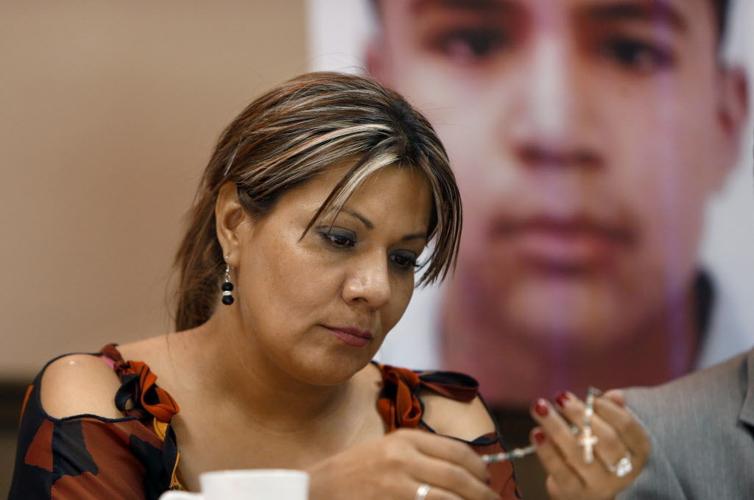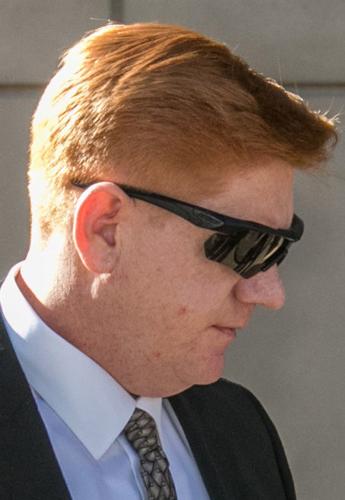The U.S. Supreme Court agreed Tuesday to decide whether Border Patrol agents can be sued by survivors if they shoot and kill someone on the other side of the border.
The justices said they want to hear arguments about whether federal courts can wade in on cases where the death occurred outside the United States — cases in which courts generally have no jurisdiction — if there are allegations that a “rogue” federal law enforcement officer violated the victim’s rights and there is no other legal remedy available to the family.
Officially, the case the justices will use to decide the issue involves a 2010 incident where Jesus Mesa Jr., a Border Patrol agent, shot and killed 15-year-old Sergio Andrian Hernandez Guereca. Mesa was on the United States side of the border in El Paso; Hernandez was on the other side of a culvert in Mexico.
But whatever the justices rule also will determine whether Araceli Rodriguez can pursue her claim in federal court in Arizona following the 2012 shooting death of her son, José Antonio Elena Rodriguez.
As in the Texas case, the teen, 16 at the time, was in Mexico when Border Patrol agent Lonnie Swartz shot him by firing through the border fence at Nogales. Evidence presented in that case shows Elena Rodriguez was hit 10 times in the back.
In the Texas case, a federal appeals court ruled against the survivors.
But the majority of a three-judge panel at the 9th Circuit Court of Appeals, hearing the Arizona case, reached a different conclusion.
“We have a compelling interest in regulating our own government agents’ conduct on our own soil,” wrote Judge Andrew Kleinfeld for himself and Edward Korman. He said that gives federal courts jurisdiction here.
Kleinfeld also suggested the U.S. Justice Department was inconsistent in filing legal briefs on Swartz’s behalf arguing against civil liability in this case. The judge pointed out that the same agency was at the time using its criminal laws to prosecute Swartz in federal court on charges related to the same cross-border shooting incident.
In that criminal case, a jury acquitted Swartz of second-degree murder but deadlocked on the lesser charges of manslaughter, eventually resulting in prosecutors dismissing the case.
Appellate Judge Milan Smith Jr., in his dissent on the right to sue in the civil case, said federal courts have no authority to hear a Fourth Amendment claim of illegal seizure — in this case, a life — when the incident occurs outside the country.
Kleinfeld, in his majority decision, acknowledged limits on the reach of federal courts in incidents that occur in other countries.
But he said that, given the facts in this case, there is no reason to bar a Fourth Amendment claim, as the lawsuit is based on actions taken by Swartz in the United States.
Kleinfeld also said Araceli Rodriguez would be left without a meaningful remedy if she cannot sue for wrongful death in federal courts, citing federal laws that preclude other claims.
No date has been set for the high court to hear arguments.





